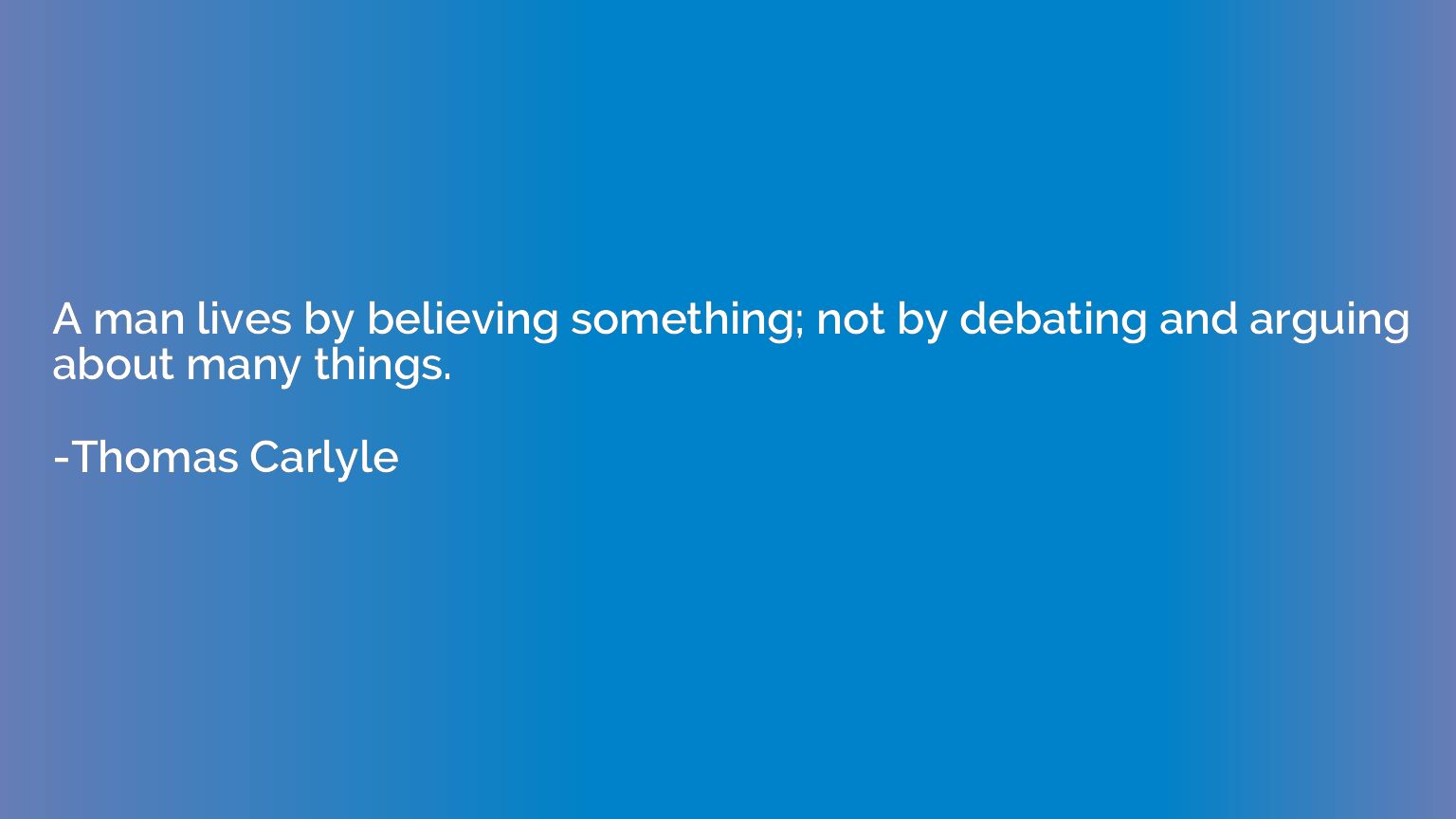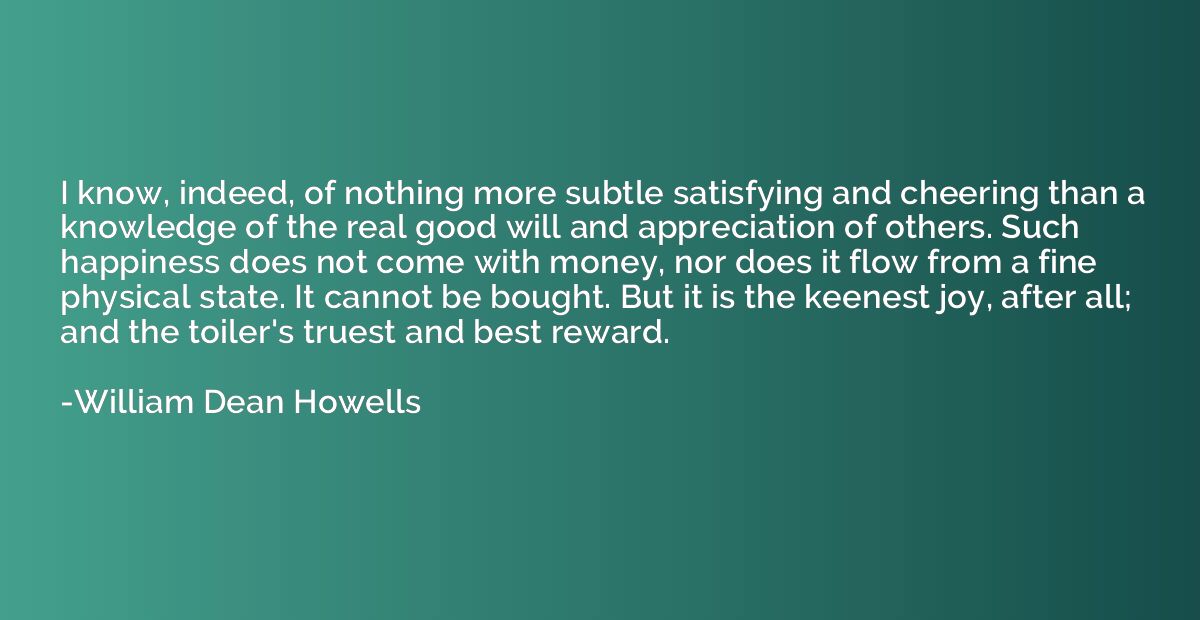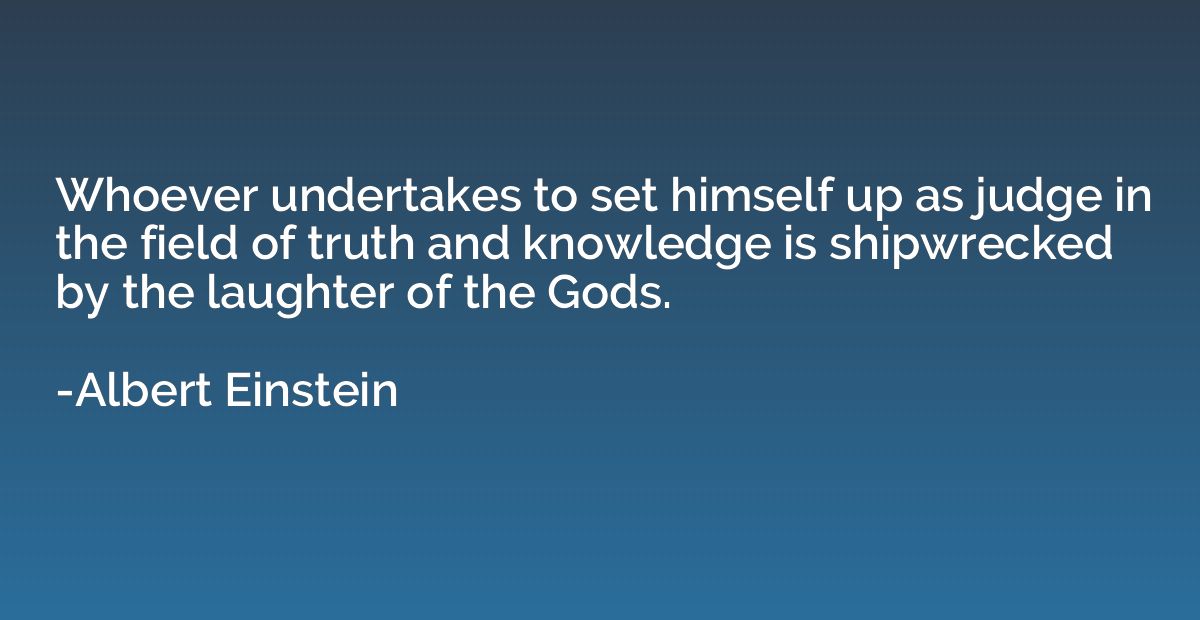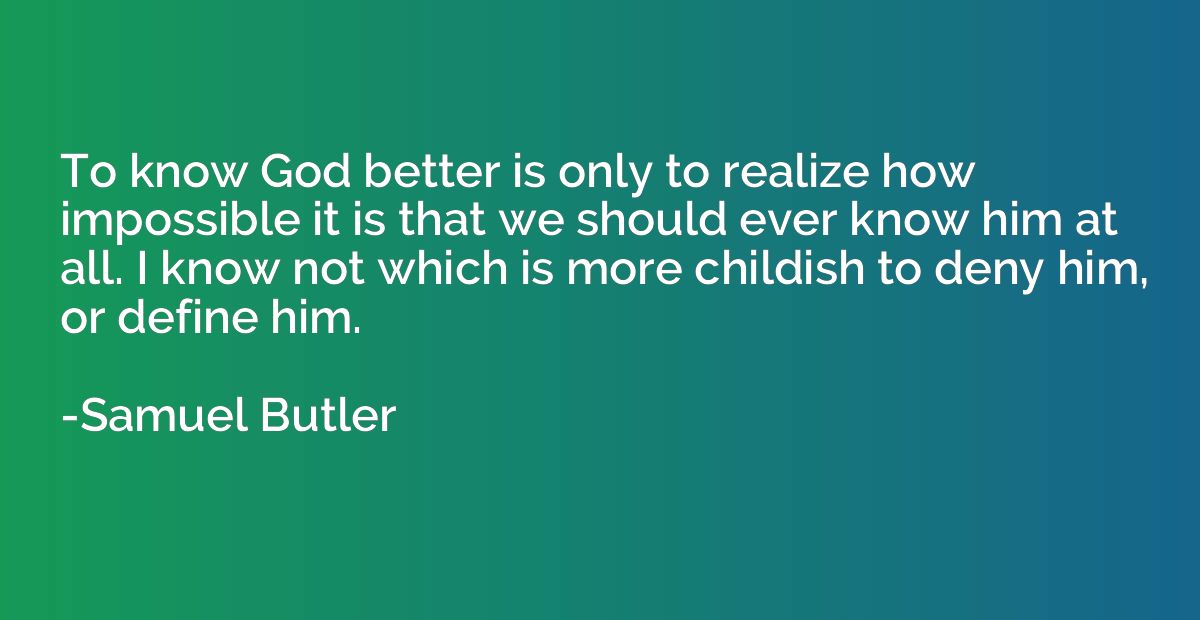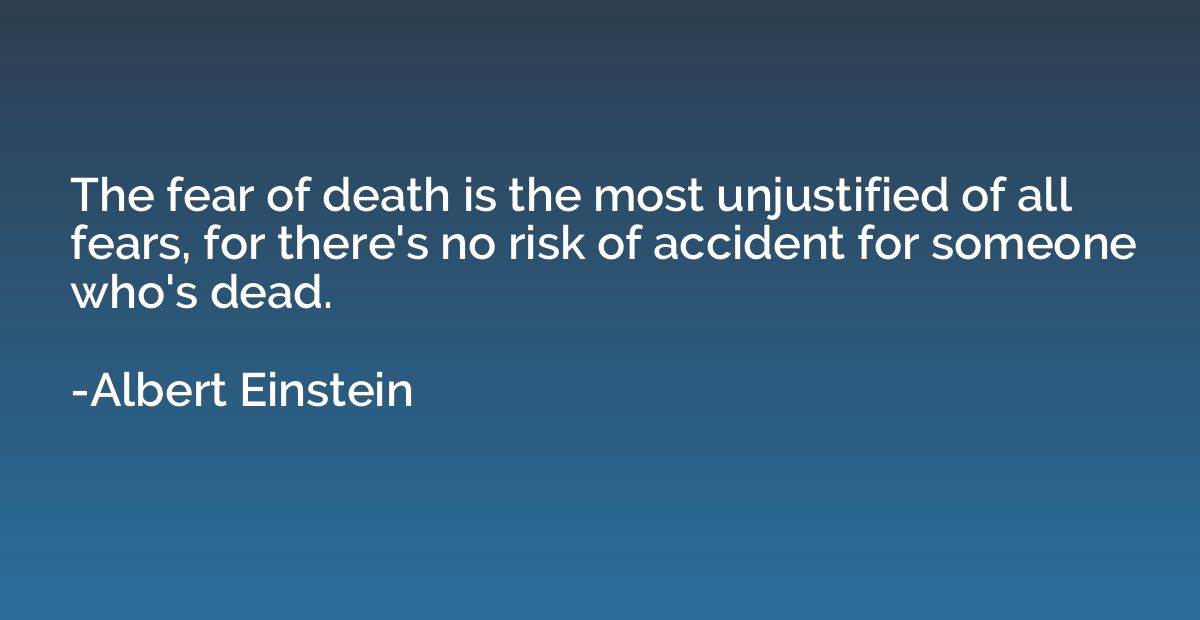Quote by Bertrand Russell
Contempt for happiness is usually contempt for other people's happiness, and is an elegant disguise for hatred of the human race.
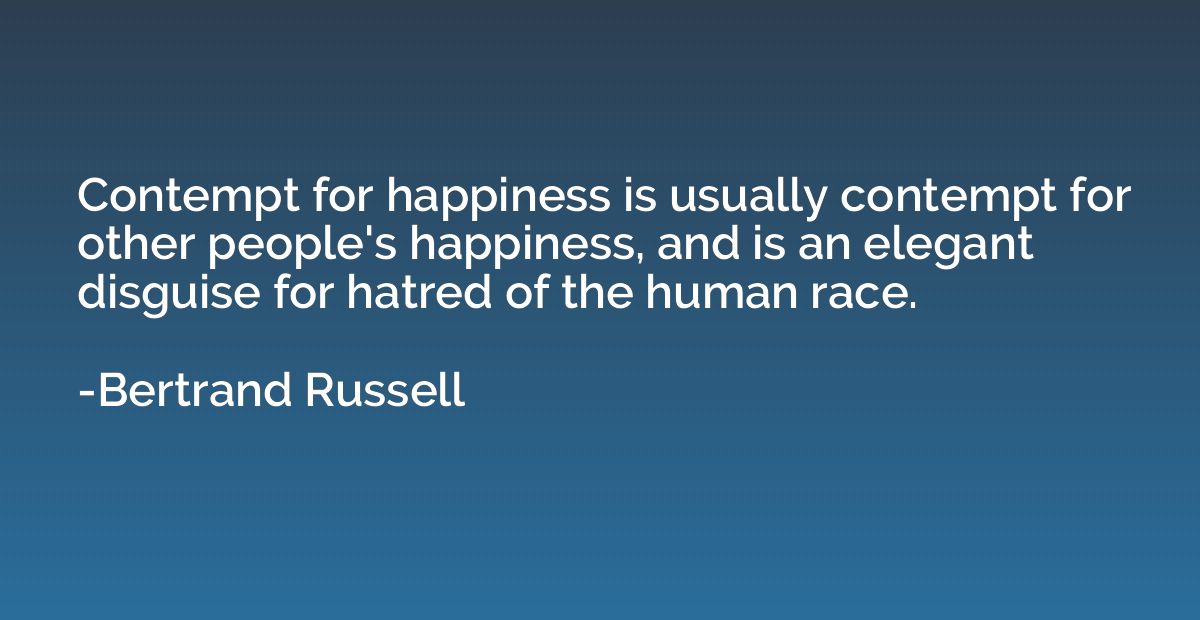
Summary
This quote suggests that when someone displays a disregard or disdain for happiness, it often stems from harboring negativity towards others' joy. It implies that such a contemptuous attitude serves as a sophisticated facade, masking an underlying animosity or deep-seated hatred towards humanity as a whole. In essence, the quote presents the idea that despising the happiness of others is a way of expressing resentment towards mankind.





